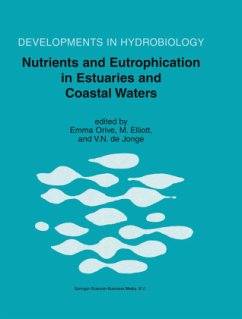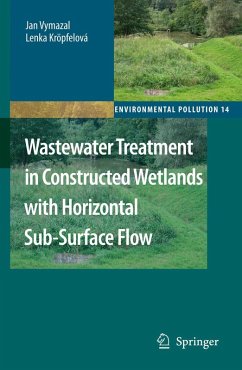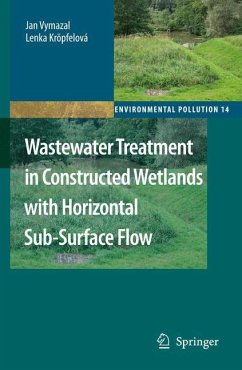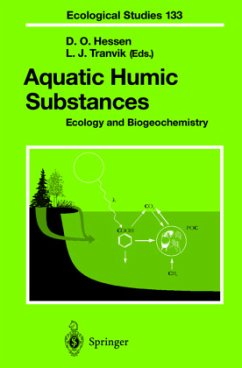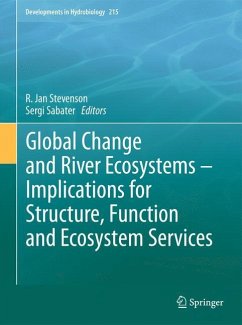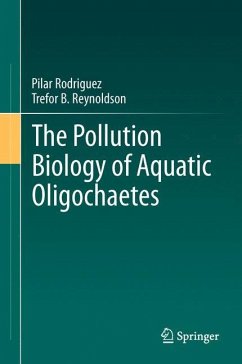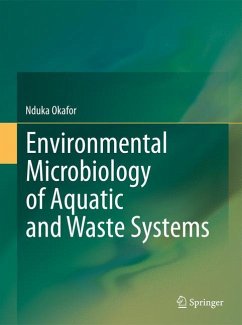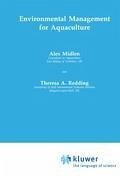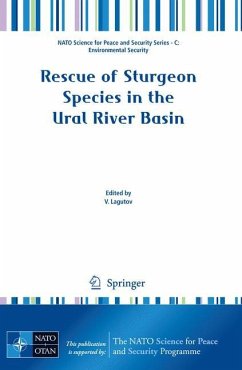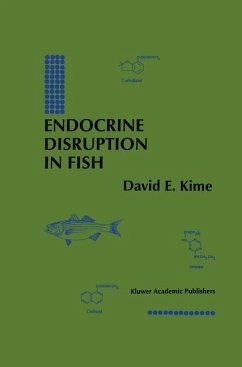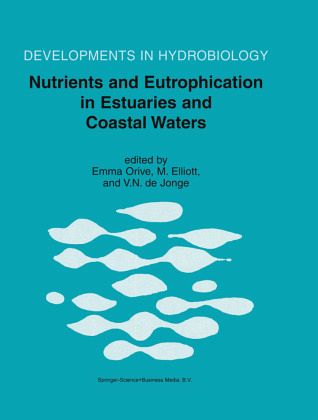
Nutrients and Eutrophication in Estuaries and Coastal Waters

PAYBACK Punkte
77 °P sammeln!
This volume focuses on the nutrient and organic matter inputs in estuaries and other coastal ecosystems, their effects on geochemistry and community structure and possibilities for recovery of the systems to a trophic state that is beneficial for man and nature.The book provides many examples of the effects of the enhanced supply of nutrients and organic matter on the chemical features of the water and on the structure, metabolism and trophic pathways of the biological communities.Also included are several case studies providing considerable insight into the response of the different coastal e...
This volume focuses on the nutrient and organic matter inputs in estuaries and other coastal ecosystems, their effects on geochemistry and community structure and possibilities for recovery of the systems to a trophic state that is beneficial for man and nature.
The book provides many examples of the effects of the enhanced supply of nutrients and organic matter on the chemical features of the water and on the structure, metabolism and trophic pathways of the biological communities.
Also included are several case studies providing considerable insight into the response of the different coastal ecosystems to long term changes in the trophic state of the water.
Current knowledge on modeling as a tool to manage the trophic state of the coastal ecosystems is also dealt with, making this book one of interests to scientist and students as well as managers.
The book provides many examples of the effects of the enhanced supply of nutrients and organic matter on the chemical features of the water and on the structure, metabolism and trophic pathways of the biological communities.
Also included are several case studies providing considerable insight into the response of the different coastal ecosystems to long term changes in the trophic state of the water.
Current knowledge on modeling as a tool to manage the trophic state of the coastal ecosystems is also dealt with, making this book one of interests to scientist and students as well as managers.



